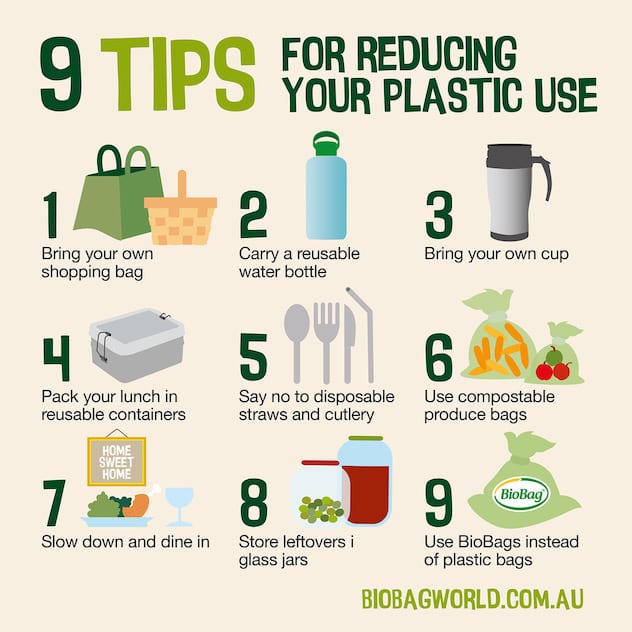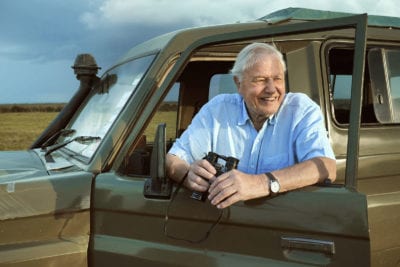Humans must eat less meat, rewild the oceans and put the people over profit if we are to save the planet from the climate crisis, Sir David Attenborough says.
Sharing an excerpt from his book A Life On Our Planet, the renowned environmentalist has sent a stark warning about the “devastating future” that awaits us if we do not take immediate climate action.
“Just like the people who lived by the doomed nuclear reactor at Chernobyl, we are on the verge of destruction,” he says. “Humans have destroyed half of the rainforests, replaced wilderness with settlements and farmland and caused an apocalyptic decline in plant, animal and insect species.”
Yet, there is still time to change the course, he says, explaining that “respect for biodiversity” sits at the heart of the global effort.
“Restoring biodiversity on Earth is the only way out of the crisis we have created. And that, in turn, means ‘rewilding’ the world, re-establishing the balance between the human world and the rest of nature, step by step.”
1. Put people and planet before profit
“What has brought us to this moment of desperation? I believe it is our hunger for perpetual economic growth,” says Attenborough.
The environmentalist points to the Happy Planet Index, a way of tracking ecological impact and human wellbeing as a new measure of success. He goes on to praise New Zealand Prime Minister Jacinda Ardern for creating a similar index in 2018.
“In this single act, Prime Minister Jacinda Ardern shifted the priorities of her whole country away from pure growth and towards something that better reflects the aspirations many of us have.”
2. Replace oil with renewable energy
Last year, 85 per cent of the world’s energy was provided by fossil fuels alone.
Attenborough says the world must transition to fully renewable energy “at lightning speed” to avoid disastrous consequences on the planet’s and humankind’s health.
“As the new, clean, carbon-free world comes online, people everywhere will start to feel the benefits. Life will be less noisy. Our air and water will be cleaner, with fewer premature deaths from poor air quality,” he says.
3. Embrace a sustainable lifestyle
Attenborough says we must return to a time when people worked in balance with the natural world.
“We must halt and reverse the conversion of wild spaces to farmland, plantations and other developments. We must end our overuse of fertilisers. We must reduce our use of freshwater.”
He goes on, “We must immediately halt and preferably start to reverse climate change by reducing greenhouse gas emissions.”

4. Create no-fishing zones in the ocean
“The ocean covers two-thirds of the surface of the planet, which means there is a special role for it in our revolution to rewild the world,” says Attenborugh.
By helping the marine world recover, he explains, we can capture carbon, raise biodiversity and supply more food.
“It starts with the industry that is causing most damage to the ocean – fishing. But this can be fixed with a global effort to create a network of no-fishing zones throughout coastal waters where fish can grow older and produce more offspring. They then repopulate neighbouring waters.”
5. Farm smarter and eat less meat
As the global food demand rises every day, humans must learn how to get more food from less land.
The key, he says, is reducing our meat consumption.
“If we are to farm less land, we must eat much less meat, especially red meat, and especially beef, which, when including the grain fed to cows, consumes 60 per cent of our farmland,” he explains.
“Estimates suggest that by changing our habits, humankind could feed itself on just half of the land that we currently farm.”

READ MORE: Nutritious Meat Free Weekly Menu
6. Protect the forests
Rich forest habitats in poorer countries are being destroyed to provide palm oil, beef and hardwood for wealthier nations.
“If this continues, the loss of carbon to the air, and species to the history books, would be catastrophic for the whole world,” says Attenborough.
“By directing our trade and investment, we can support those nations to reap the benefits of these resources without losing them.”
This means finding a way to turn wilderness into a viable thing for the people who live on it, while still protecting the biodiversity.
7. Raise people out of poverty to slow population growth
When I was born, there were fewer than two billion people on the planet. Today there are almost four times that number,” he says.
UN projections predict between 9.4 and 12.7 billion people by 2100.
“We want everyone on Earth to have a fair share, and that means we need to both lower consumption and find ways to stabilise our population growth.”
Raising people out of poverty is the key to bringing rapid population growth to an end, he says.
“The fairest way to stabilise the global population is to help poorer nations to develop. When this happens, diet and healthcare improve, child mortality decreases and families have fewer children.”




